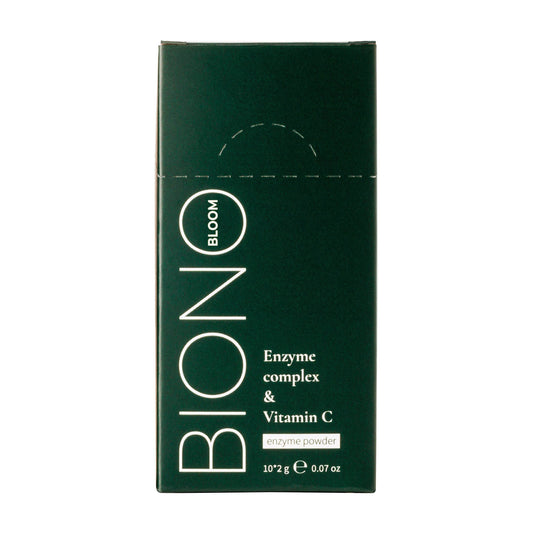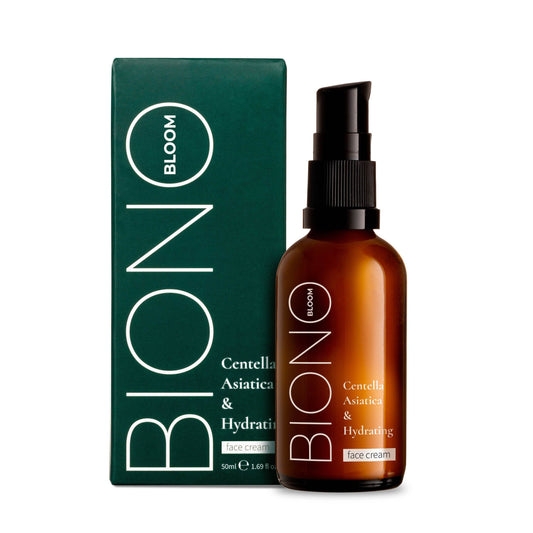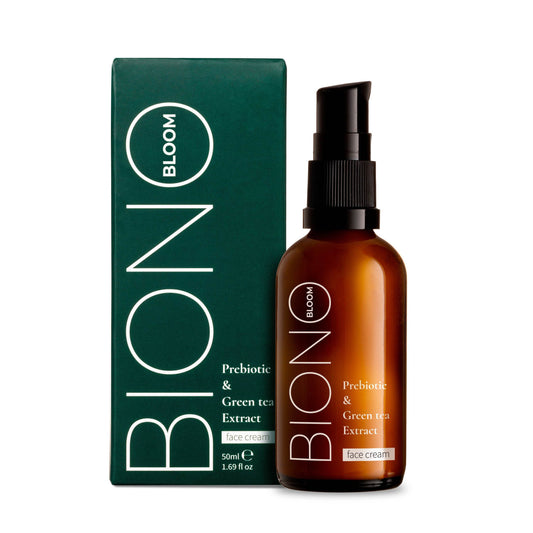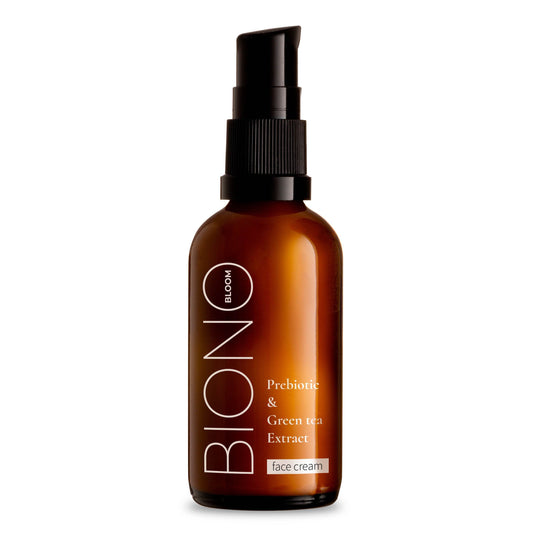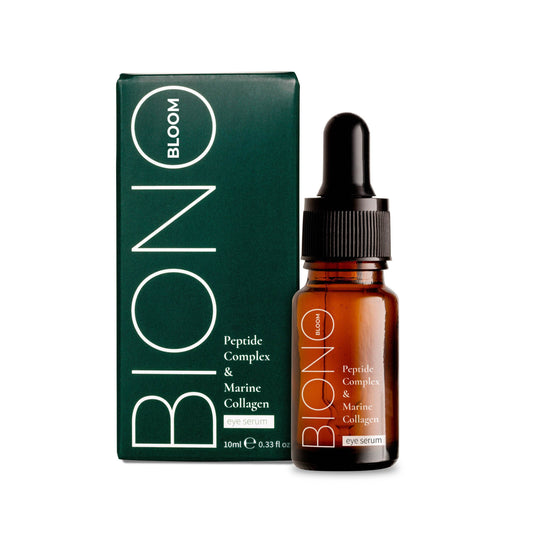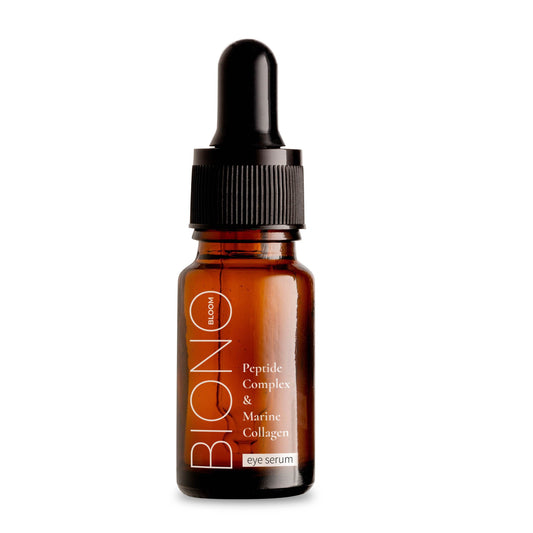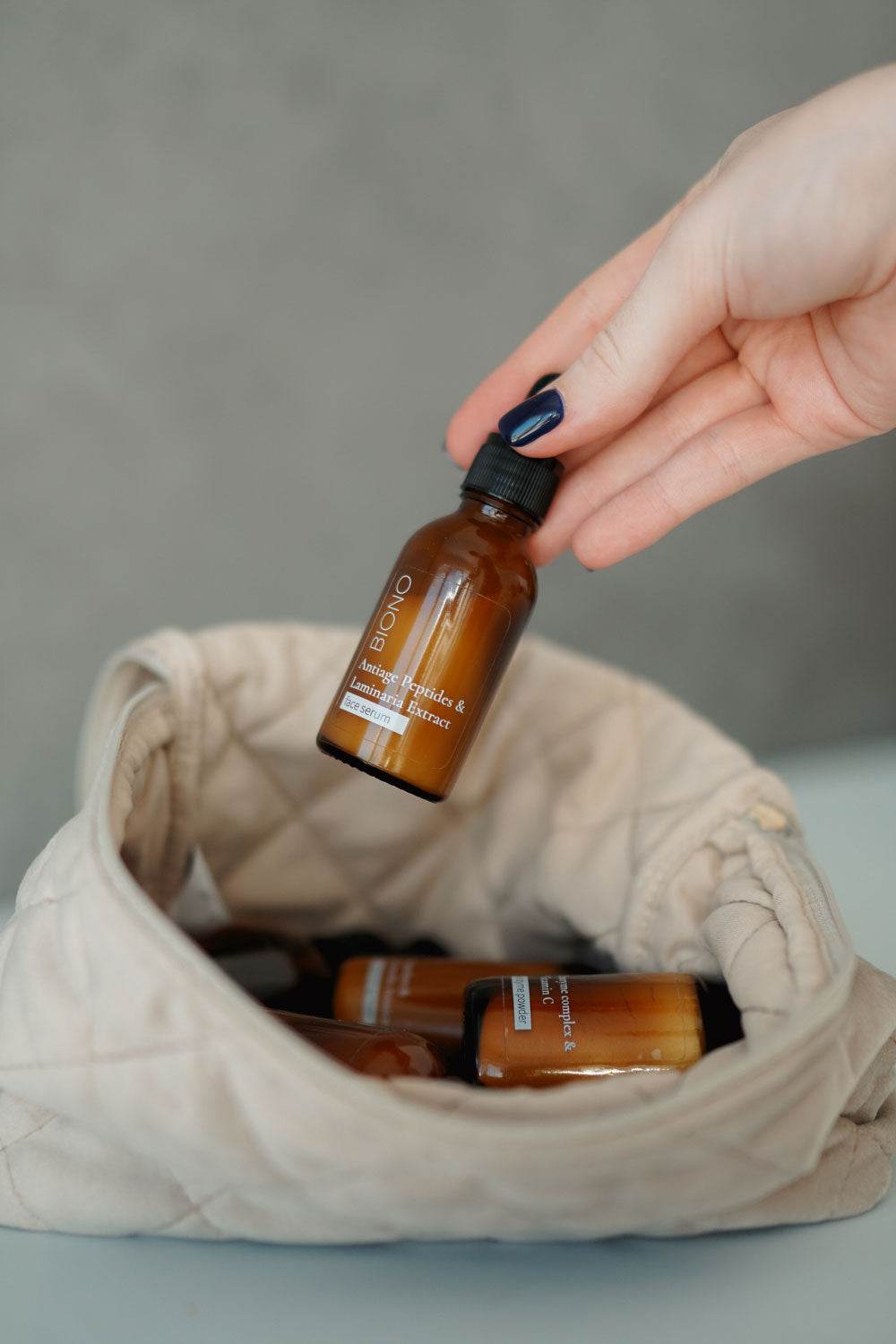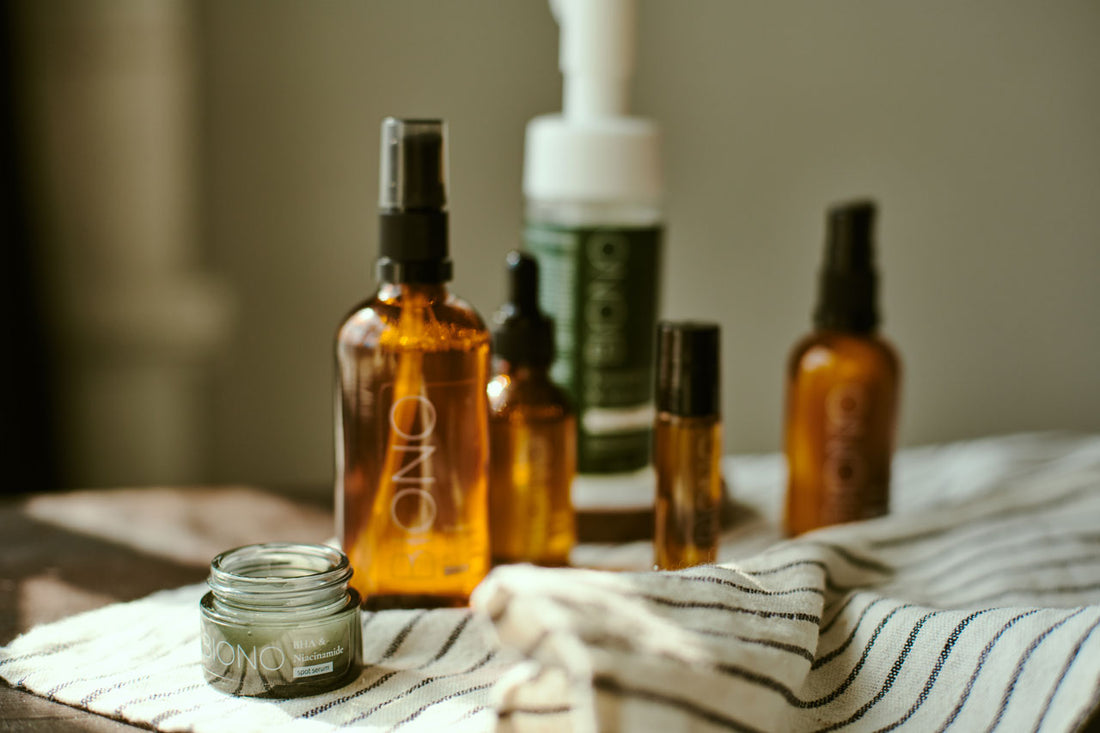
Niacinamide - Everything You Need to Know About Vitamin B3 in Skin Care
Share
Niacinamide, also known as vitamin B3 or nicotinamide, is one of the most important active ingredients in modern skincare. This powerful antioxidant has gained immense popularity among dermatologists and skincare enthusiasts thanks to its versatile properties. Niacinamide regulates sebum production, reduces the appearance of pores, evens out skin tone, and helps combat imperfections. While more and more people are recognizing the benefits of regular use of this ingredient, questions also arise regarding its safety, particularly in the context of possible allergic reactions and combining it with other active ingredients like retinol.
Niacinamide allergy - how to recognize and avoid adverse reactions
Niacinamide allergy, although rare, can occur in some people with particularly sensitive skin. Symptoms of a niacinamide allergy most often include redness, itching, burning, and a rash at the application site. Some users may also experience swelling, tightness, or even blisters. It's important to remember that a niacinamide allergy can develop even after a long period of trouble-free use.
To minimize the risk of a niacinamide allergy, it's recommended to perform a patch test before using the product for the first time. Apply a small amount to the inside of your wrist and observe your skin's reaction for 24-48 hours. If no adverse reactions occur within this time, the product is safe to use on your face. People with very sensitive skin should start with lower niacinamide concentrations and gradually increase the concentration.
If allergic symptoms occur, discontinue use immediately and wash the skin with a gentle cleanser. If symptoms persist or worsen, consult a dermatologist, who can recommend appropriate anti-allergy treatment. Niacinamide allergy can also be the result of impurities in the product or a reaction with other ingredients in the formula, so it's worth checking the full composition of the cosmetic .
Retinol and niacinamide – a perfect match or a risky combination?
The combination of retinol and niacinamide is one of the most hotly debated topics in the skincare world. Many people wonder if it's safe to combine these two powerful active ingredients. The good news is that retinol and niacinamide not only can, but are even beneficial, to use together, as they complement each other and can enhance the effectiveness of skincare. Niacinamide helps soothe potential irritation caused by retinol while strengthening the skin's protective barrier.
Retinol and niacinamide work at different levels in the skin and through different mechanisms. Retinol stimulates cell renewal and increases collagen production, while niacinamide regulates sebum production, reduces inflammation, and improves skin texture. This combination can significantly improve skin's appearance, reducing wrinkles, evening out skin tone, and reducing the appearance of pores. However, it's important to properly incorporate these ingredients into your skincare routine.
When combining retinol and niacinamide, it's recommended to gradually introduce both ingredients, especially if your skin isn't used to the active ingredients. You can start by using niacinamide in the morning and retinol in the evening for a few weeks, then gradually increase the frequency of applications. Some experts even suggest using these ingredients together, but this requires caution and monitoring your skin's reactions. Retinol and niacinamide together can be extremely effective, but it's crucial to listen to your skin's needs.

Vitamin B3 niacinamide - properties and mechanism of action
Vitamin B3 niacinamide is a nicotinamide that plays a key role in skin cellular metabolism. This active ingredient is a precursor to NAD+ (nicotinamide adenine dinucleotide), which is essential for proper cell function. Niacinamide vitamin B3 exhibits significantly better skin tolerance than nicotinic acid, without causing unpleasant redness or burning. This makes it suitable for use by people with all skin types, including sensitive skin.
The mechanism of action of vitamin B3 niacinamide is based on its ability to regulate the activity of the sebaceous glands, leading to reduced sebum production. This ingredient also influences the synthesis of ceramides and other barrier lipids, strengthening the skin's natural defenses against external factors. Vitamin B3 niacinamide also has anti-inflammatory properties, which help soothe inflammatory skin conditions such as acne and rubella.
Regular use of vitamin B3 in the form of niacinamide offers multifaceted benefits for the skin. This ingredient helps reduce hyperpigmentation by inhibiting the transfer of melanin to keratinocytes, leading to an even skin tone. Furthermore, vitamin B3 niacinamide stimulates collagen production, which may help reduce fine lines and improve skin elasticity. Its antioxidant properties protect the skin from the harmful effects of free radicals, slowing the aging process.
Niacinamide in skincare - how to choose the right product
Choosing the right niacinamide product can be challenging due to the sheer variety of options available on the market. When choosing a cosmetic product containing niacinamide, pay attention to the concentration of the active ingredient, which typically ranges from 2% to 20%. Beginners are advised to start with lower concentrations (2-5%) to allow their skin to acclimate to the ingredient. Experienced users can opt for products with higher concentrations, but always monitor their skin's reaction.
The form of a niacinamide product also plays a role in the effectiveness of skincare. Niacinamide serums are the most popular option, as they allow for precise dosing and easy absorption. Creams and toners with niacinamide are more gentle and suitable for those with sensitive skin. It's also worth paying attention to additional ingredients in the formula – it's best to choose products that contain substances that complement niacinamide's effects, such as hyaluronic acid, ceramides, or antioxidants.
When choosing a niacinamide product, it's also worth paying attention to the packaging and storage method. Niacinamide is a relatively stable ingredient, but it can degrade when exposed to high temperatures and light. Products in dark glass bottles or opaque pump packaging provide better protection for the active ingredient. It's also important to check the expiration date and product origin, choosing cosmetics from reputable manufacturers who prioritize the quality and safety of their formulas.
Efficacy and safety of niacinamide
The effectiveness of niacinamide in skincare has been confirmed in numerous clinical and dermatological studies. Regular use of products containing niacinamide can produce visible results after just 2-4 weeks. Studies show that niacinamide effectively reduces sebum production by up to 20%, minimizes the appearance of pores, evens skin tone, and improves skin texture. This ingredient is particularly valued for its effectiveness in combating imperfections in problematic skin.
The safety of niacinamide is one of its greatest advantages. This active ingredient is considered one of the gentlest and best-tolerated ingredients in skincare. Niacinamide does not increase skin's photosensitivity, making it suitable for use both morning and night, year-round. This ingredient is suitable for all skin types, including sensitive, reactive, and allergy-prone skin. It rarely causes irritation, and if it does occur, it is usually mild and transient.
Long-term use of niacinamide does not pose a risk of tolerance or the need to increase dosages. On the contrary, regular use of products containing this ingredient can lead to gradual improvement in skin condition and increased resistance to irritants. Niacinamide can be safely combined with most other active ingredients, making it an ideal addition to any skincare routine. However, as with any cosmetic product, it is recommended to test a small area of skin before first use.
Summary - niacinamide as the foundation of healthy care
Niacinamide deserves to be considered one of the most important ingredients in modern skincare. Its versatility, effectiveness, and safety make it suitable for people with all skin types and a variety of dermatological concerns. Regular use of products containing niacinamide can significantly improve the appearance and condition of skin, reducing imperfections, evening out skin tone, and strengthening the natural protective barrier. However, it's important to properly incorporate this ingredient into your skincare routine and monitor skin reactions, especially in those prone to allergies.
Choosing the right niacinamide product and using it properly is key to achieving optimal results. It's best to start with lower concentrations, gradually increasing the intensity of your treatment based on your skin's needs. Niacinamide can be safely combined with other active ingredients, making it a perfect complement to any skincare routine. Thanks to its gentleness and effectiveness, niacinamide can become the foundation for healthy and radiant skin for years to come.


